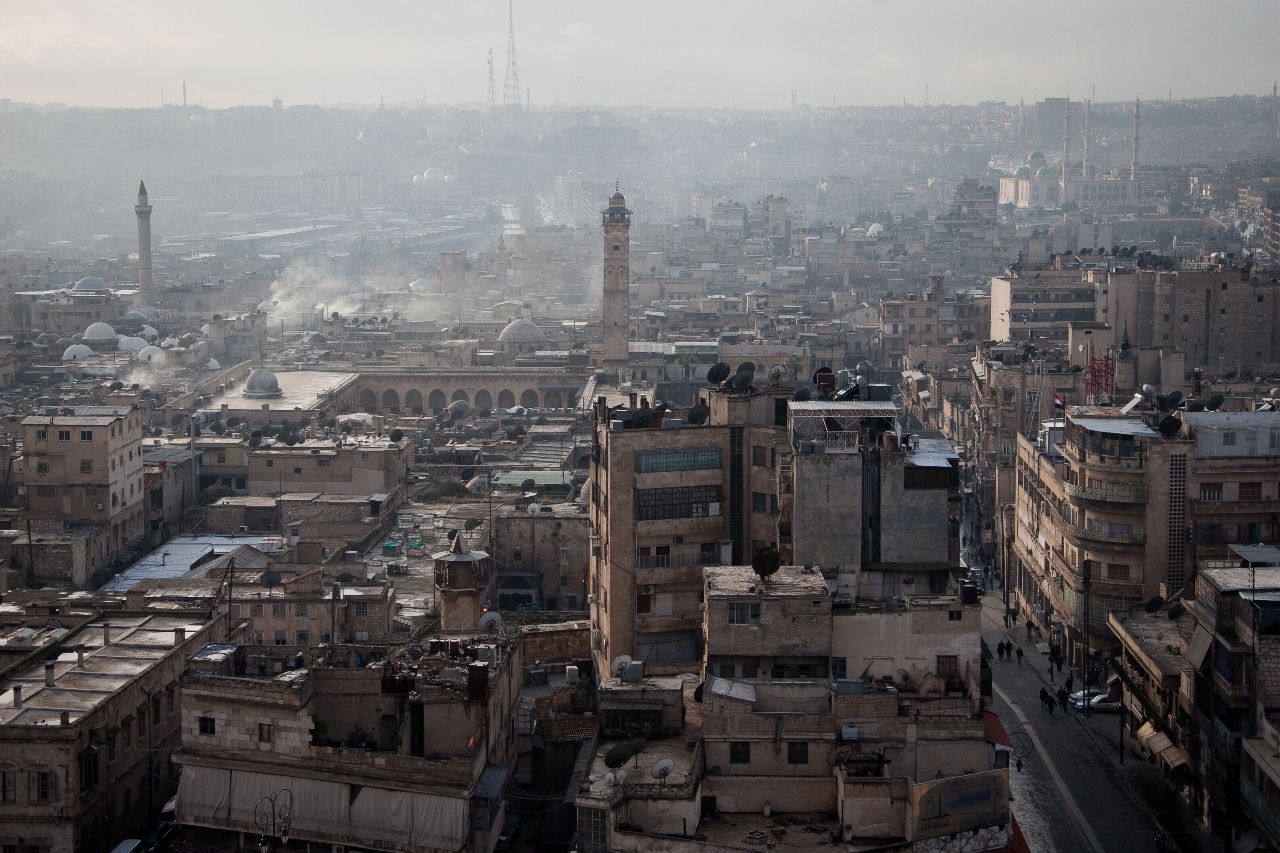To integrate local voices in the reconstruction process is crucial for Syrias future.

For some, the reconstruction is a financial opportunity to invest and make money. Many of those interested in the “reconstruction” of conflict driven countries have little knowledge about the country and its social and cultural landscapes. We must remember that any reconstruction should put Nationals in the heart of the process: Involving refugees living in Europe could be a chance to do so – by directly linking “foreign actors” with a local voice in the reconstruction process.
When asking young refugees the question “Would you like to return to your home country one day?” many express the wish to contribute to rebuilding their country after conflict with their professional skills and intercultural competencies. However, in second stance, many express concerns with their wish: They do not want to lose their residence status and work allowance in Austria; they fear to be subject to a legal trial in their home country, such as for having refused military service; they are afraid not be able to psychologically cope with the damage to their hometown.
In order to rebuild infrastructure and to restore societies in regions affected by conflict, young people’s contribution seems to be essential. However, many skilled young refugees, who are eager to contribute to rebuilding infrastructure in their home country, simultaneously express the wish to stay a part of the Austrian society. Thus, it is recommended, in order to find engagement in a young generation to contribute to an R2B, flexible and participative model that strive beyond the barriers of current approaches to immigration are needed.
Ideas could be like:
- The development of an Online Mentorship Program, which may allow young refugees to share their knowledge and skills obtained in Austria with young people in countries of origin, ranging from scientific knowledge to giving language classes.
- Another idea is the establishment of a Platform to Connect Young Businesses, through which for instance Start–Up Companies in Austria could more easily hire young professionals in countries affected by conflict through remote work.
Imagine a young Syrian woman, recently having obtained an IT–engineering degree in Damascus, codes for a Vienna–based company through remote work. Young refugees in Europe could help companies expanding in conflict–driven countries and making contact with job–seeking professionals “back home”.
Or imagine an Iraqi Architect living in Europe helping translate up to date technical manuals into Arabic and linking technical experts from Europe with those back home – thus working as a “remote technical consultant”.
Or imagine a young Afghan living in Europe teaching youth in Afghanistan project management skills or German language through an online–based learning platform.
Such approaches, I believe, will be beneficial for many stakeholders, by A tackling the problem of “brain–drain” in post–war– economies, B through dynamic personnel and knowledge transfer helping Austria to build business partnerships with post–war economies, strengthening future investments and cooperation, C restoring peaceful relationships, as young people could serve as ambassadors for peace and intercultural understanding, D helping young refugees to restore fractured parts of their identity and E helping build a future generation of high skilled and locally knowledgeable humanitarians.
Finally, in order to make such initiatives possible, there is an urge for simplifying transfer of social and economic capital through A. technological advancements, B. partnerships of official academic, research institutions and universities, and C. reducing sanctions on private banking and trade barriers.
We don’t need to wait for conflict to end to start rebuilding, but we need to start rebuilding to initiate a peace–building process.










